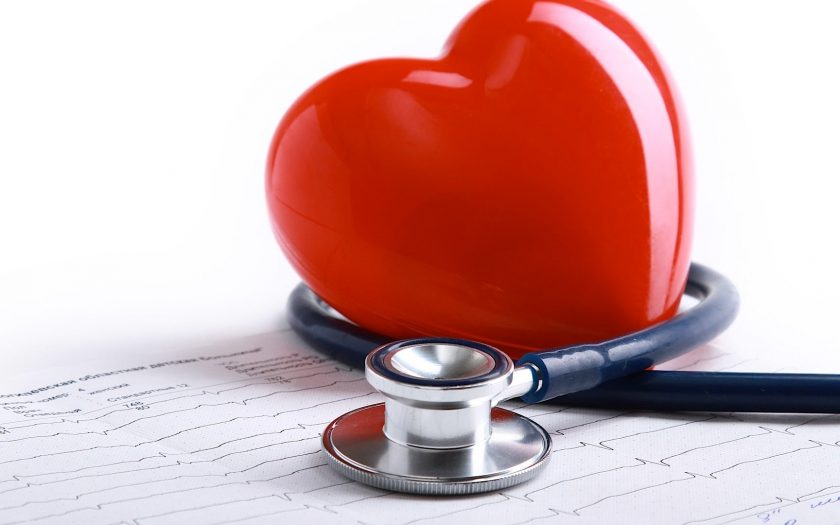Today we will talk about heart diseases. The greatest worker of our body is the heart. This hollow muscle organ pushing blood out in human blood vessels around the clock, without breaks and outgoing ones.
For a person’s life, the heart pumps 250 million liters of blood on average and makes about 2 billion strikes! Imagine how strong it is – to make such hard work every day?
What is the cardiovascular system?
The cardiovascular system includes the heart and all vessels, including capillaries, large arteries, and small venues. They deliver nutrients and oxygen to tissues and organs of the human body, and toxins and harmful substances are also transferred by the blood (blood supplies them to the liver, where all these harmful substances are filtered).
Immune cells are also delivered by the blood to places of inflammation.
The importance of the cardiovascular system is difficult to overestimate; life without it could not exist.
Risk group for heart disease
Unfortunately, people with a healthy heart are becoming less and less in the world. Today, the diseases of the cardiovascular system are becoming more and more like the epidemic and it is frightening. These diseases can affect everyone, but some persons are particularly prone to problems in the work of the heart. They have the following characteristics:
- Regular stress;
- The presence of bad habits;
- Adiposity;
- Genetic predisposition to heart disease;
- Sedentary lifestyle;
- Nervous work or restless home furnishings.
Why heart diseases become an epidemic?
Modern life causes a devastating blow to the heart and the cardiovascular system every day. it is never can be applied the saying: “times are always the same”! Right now, times have changed over the last century globally, while the structure of the cardiovascular system of human has not changed.
Symptoms of the diseases
If you feel unexplained pain in your left arm, weakness, and lethargy, severity and pain behind your sternum, a weak or accelerated heartbeat in a state of rest, shortness of breath – these are serious causes for an urgent visit to the cardiologist.
Diseases of the cardiovascular system
Conditionally all of them can be divided into three categories (“conditionally” because there is no clear division – many diseases can affect both the heart and vessels):
- Diseases in which the heart suffers to a greater extent (rheumatism, myocarditis, etc.).
- Diseases affecting the blood vessels (atherosclerosis, etc.).
- Diseases, which completely affect the cardiovascular system (the most well-known and common disease is hypertension).
Diseases of the cardiovascular system can be both acquired and congenital. For example, babies who are still in the womb may have congenital defects in the blood vessels and heart. As a rule, problems with pregnancy or genetic predisposition lead to this.
Do not forget that one of the first places in mortality occupies the disease of the cardiovascular system, they are able to significantly impair the quality of life. Therefore, prevention, diagnosis, and timely treatment are needed!

